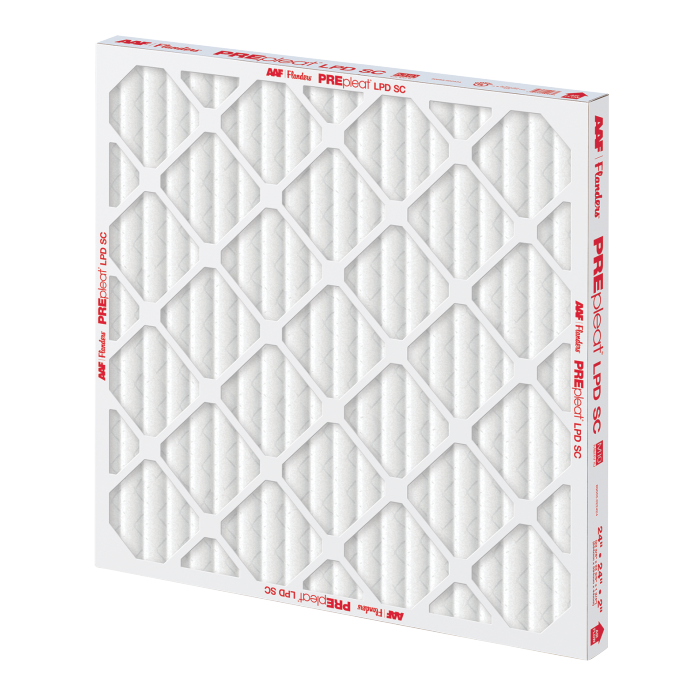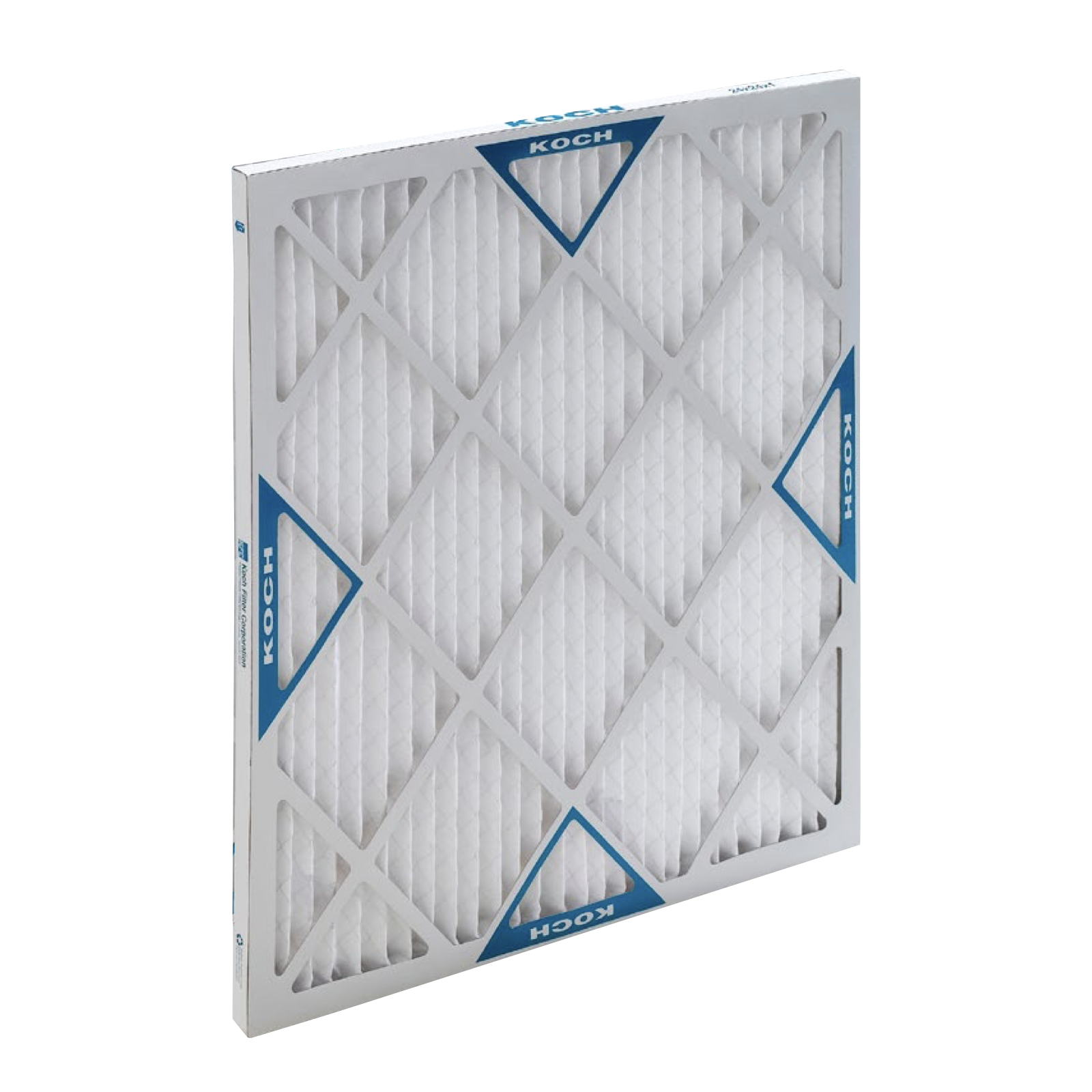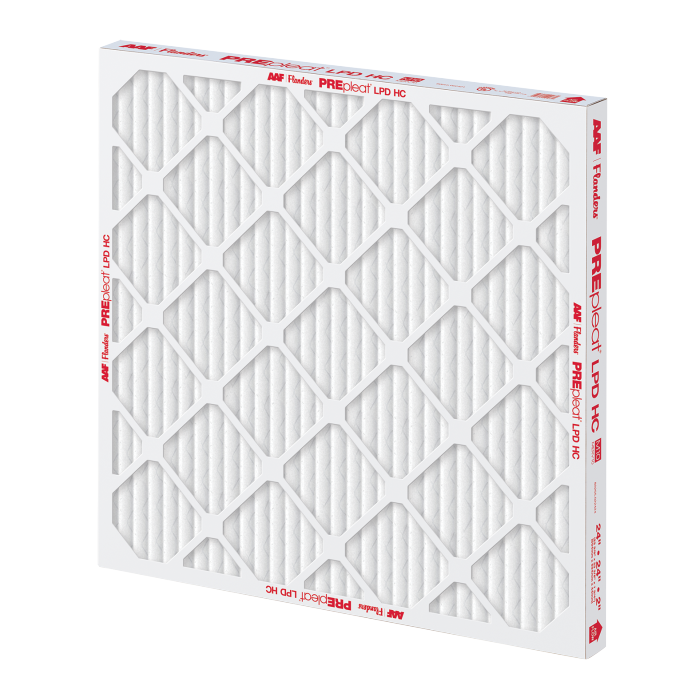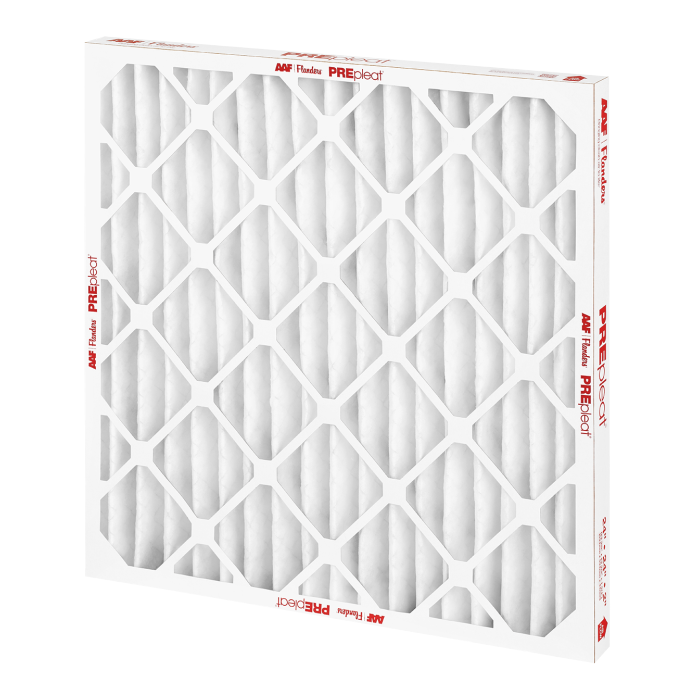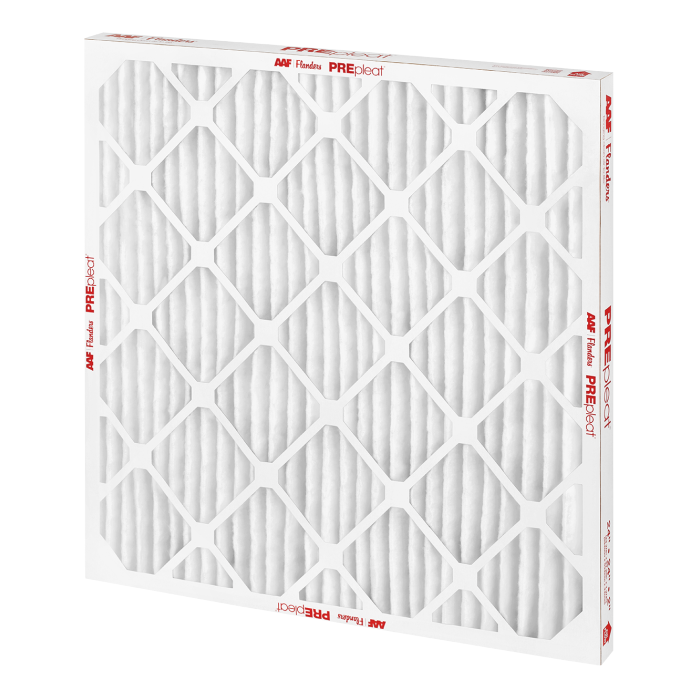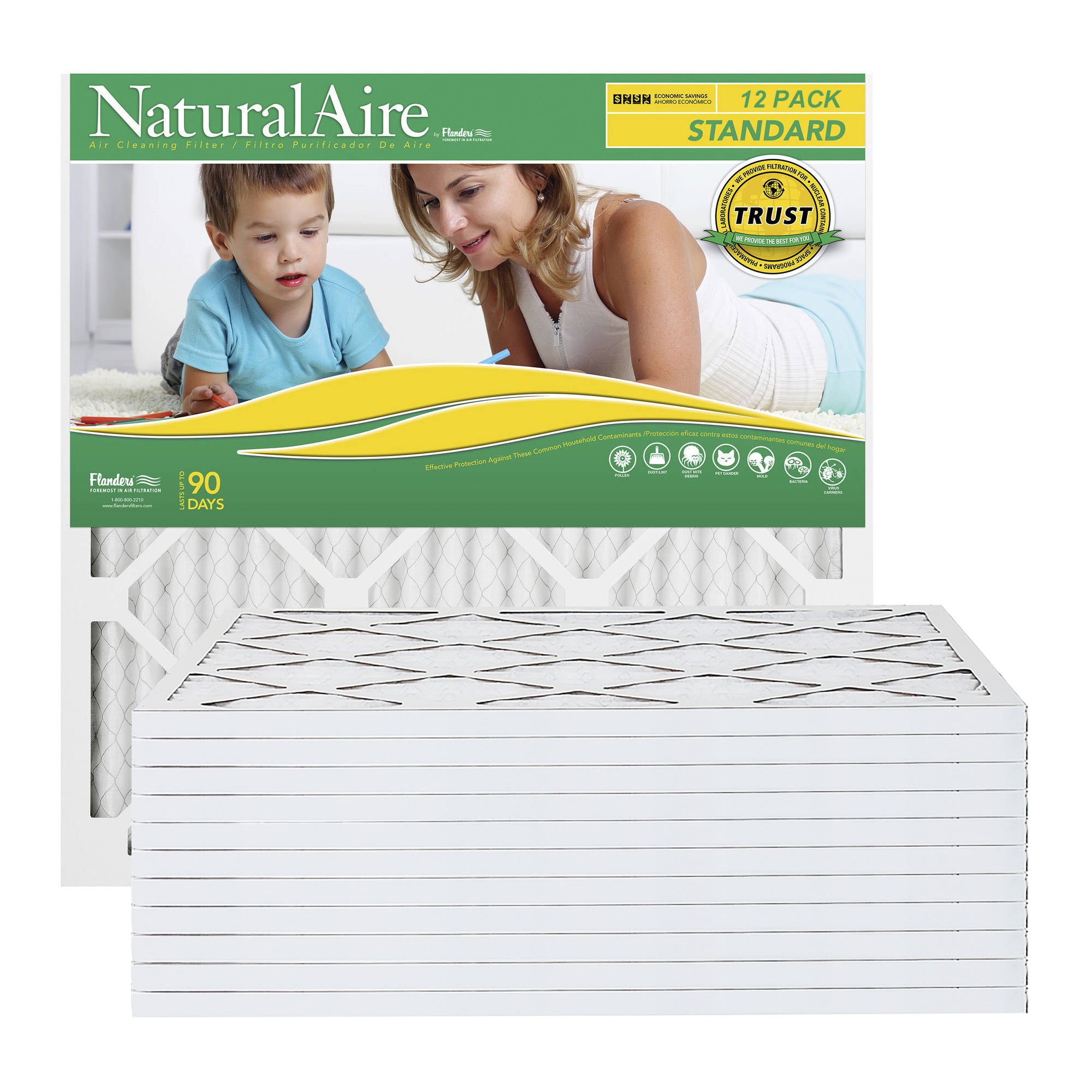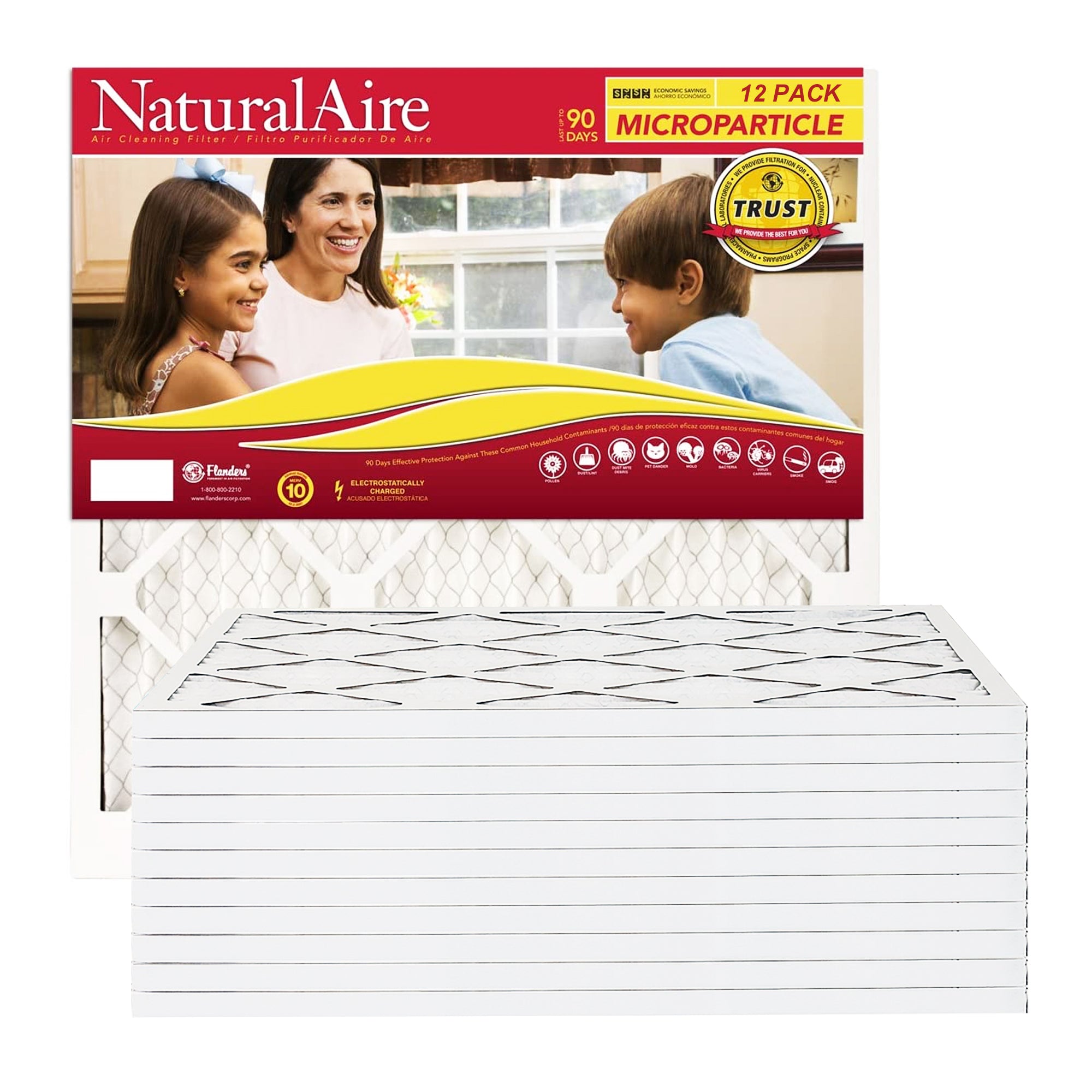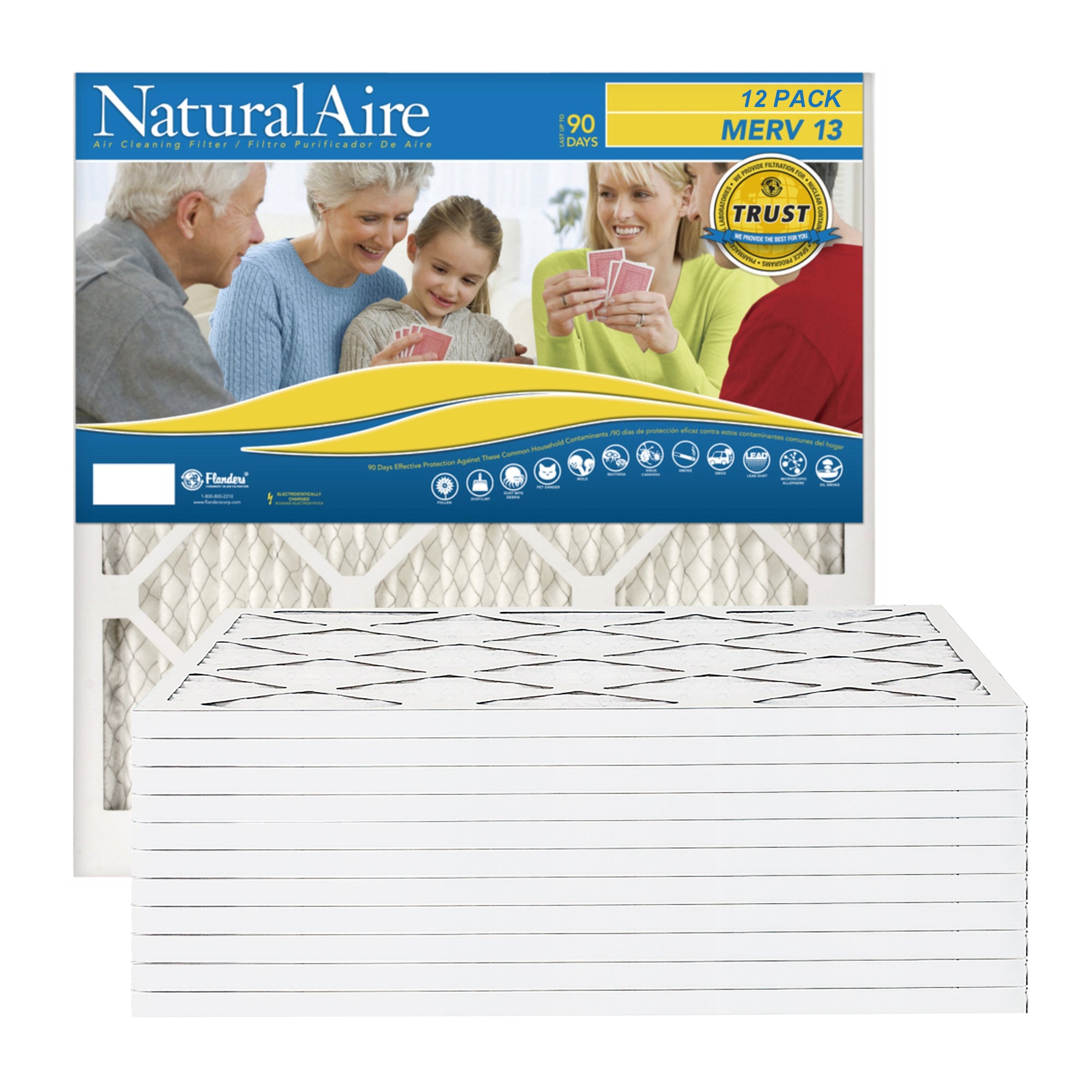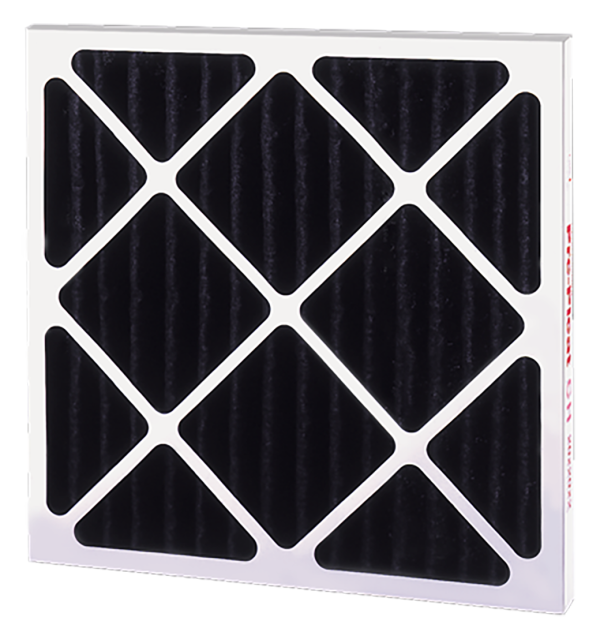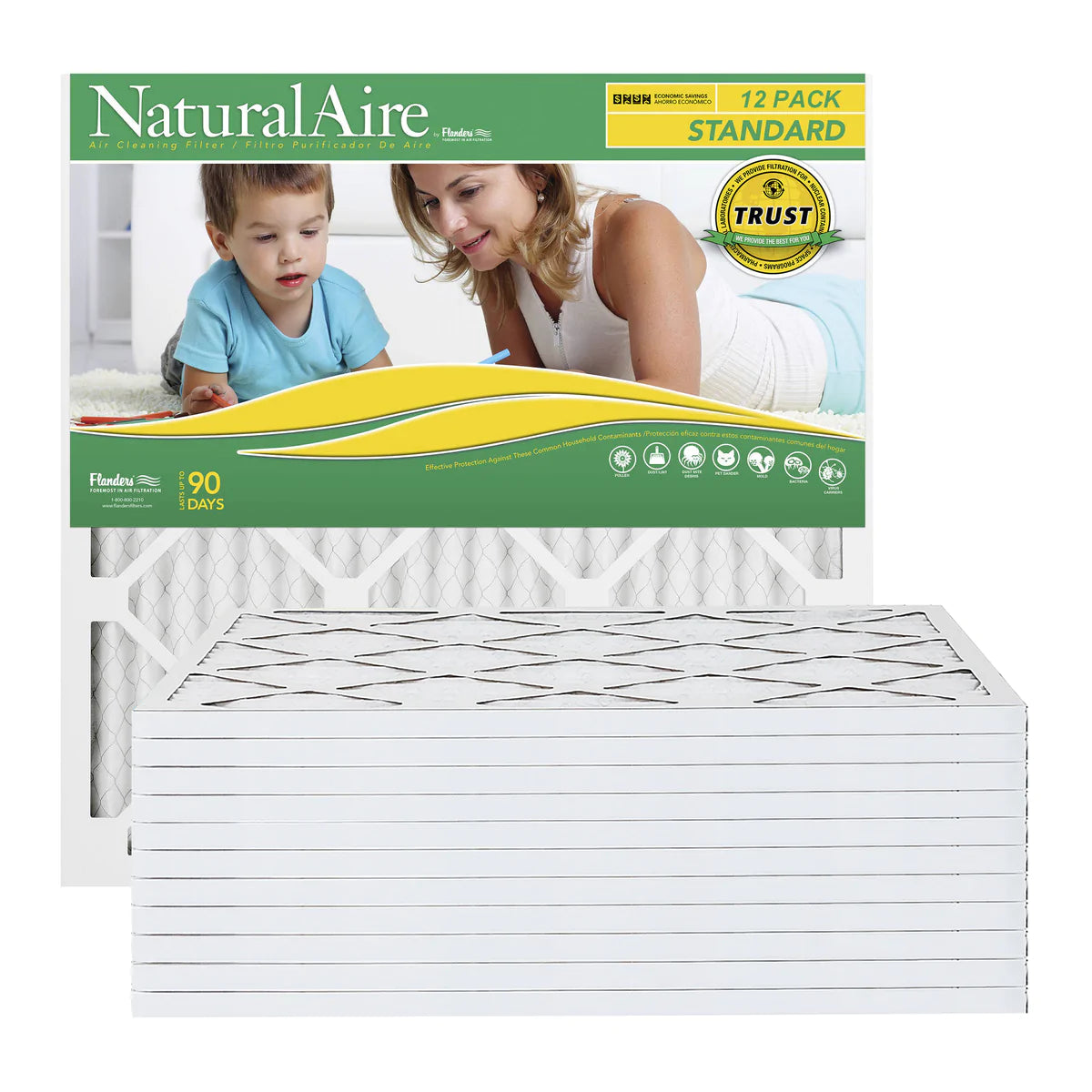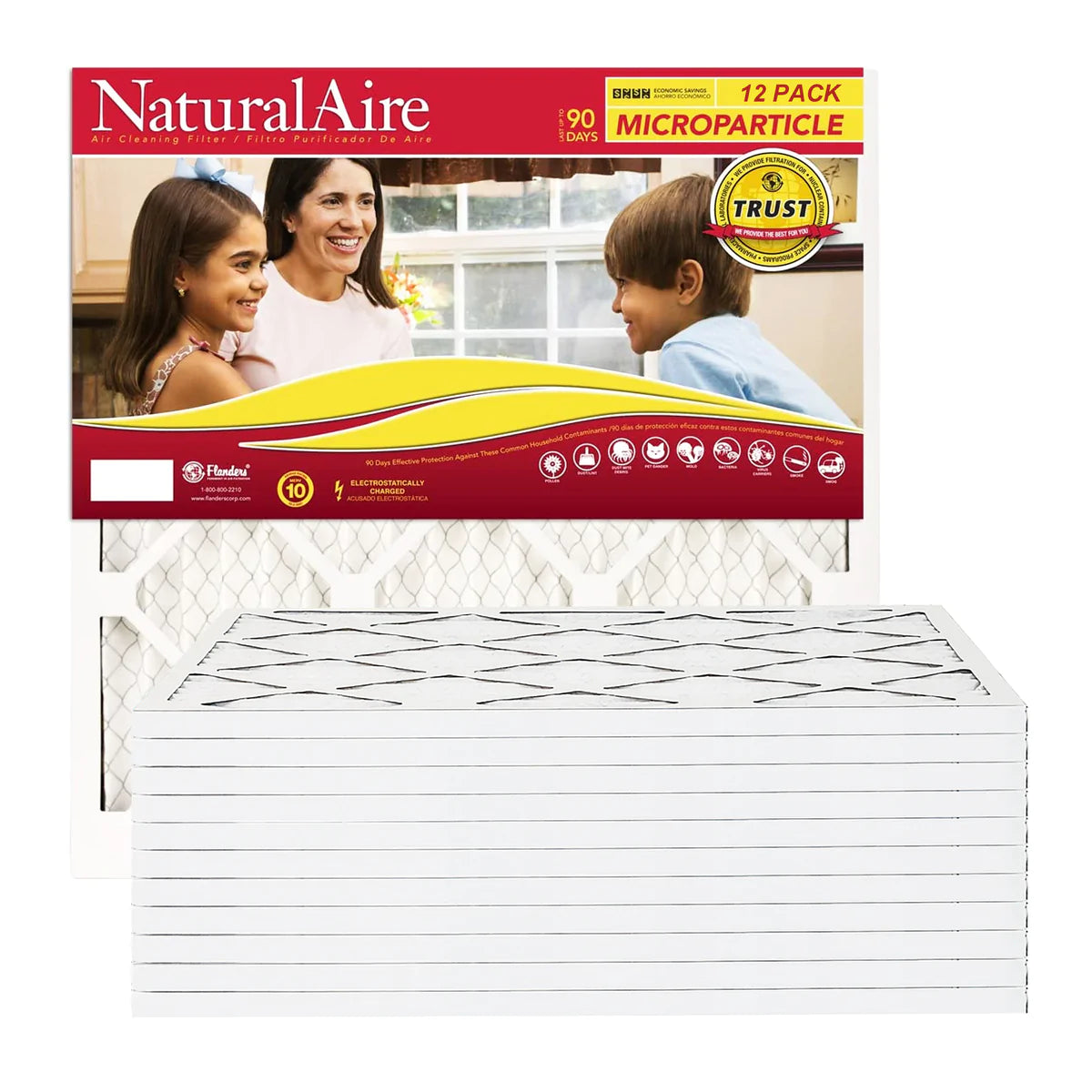May marks the Asthma and Allergy Awareness Month, an annual event dedicated to raising awareness about asthma and allergy conditions that affect millions of people worldwide. This initiative aims to educate the public on the importance of understanding, managing, and preventing these conditions. One key aspect of managing asthma and allergies is maintaining good indoor air quality by replacing indoor air filters regularly. This essay will explore the significance of Asthma and Allergy Awareness Month and discuss the benefits of replacing indoor air filters in promoting respiratory health.
Asthma and Allergy Awareness Month: Purpose and Impact
Each year, the Asthma and Allergy Foundation of America (AAFA) dedicates the month of May to raising awareness about asthma and allergy conditions. This period is chosen because it corresponds with the peak season for allergens, such as pollen, which can exacerbate symptoms for many sufferers. The primary goals of Asthma and Allergy Awareness Month include:
1. Encouraging public discourse about asthma and allergy conditions to help break the stigma.
2. Providing educational resources, tools, and strategies for effective management.
3. Promoting research and policy initiatives aimed at improving the lives of those affected.
The Importance of Replacing Indoor Air Filters
Indoor air quality plays a crucial role in managing asthma and allergy symptoms. Pollutants, allergens, and irritants present in the air can trigger flare-ups, leading to discomfort and potentially serious health complications. Replacing indoor air filters regularly is an essential practice to ensure a healthier environment. The benefits of this practice include:
1. Reduced Allergen Exposure: Air filters trap allergens such as pollen, pet dander, and dust mites. By replacing filters regularly, individuals can minimize their exposure to these triggers, thereby reducing the risk of asthma attacks or allergic reactions.
2. Improved Air Quality: Over time, air filters become clogged with pollutants, reducing their efficiency. Regular replacement ensures that the filters continue to effectively remove contaminants and maintain optimal indoor air quality.
3. Enhanced Respiratory Health: Cleaner air contributes to better respiratory health for everyone, not just those with asthma or allergies. By reducing allergen exposure and maintaining air quality, individuals can breathe easier and experience fewer respiratory issues.
4. Increased HVAC System Efficiency: Regularly replacing air filters can extend the life of heating, ventilation, and air conditioning (HVAC) systems. Clean filters allow for better airflow, reducing the strain on the system and lowering energy consumption.
Asthma and Allergy Awareness Month is a crucial initiative aimed at educating the public on the importance of understanding and managing these conditions. One vital aspect of this management is maintaining good indoor air quality, which can be achieved by regularly replacing air filters. This practice not only reduces allergen exposure but also promotes overall respiratory health and increases HVAC system efficiency. By raising awareness and encouraging such preventative measures, Asthma and Allergy Awareness Month contributes to improving the lives of those affected by these conditions.


